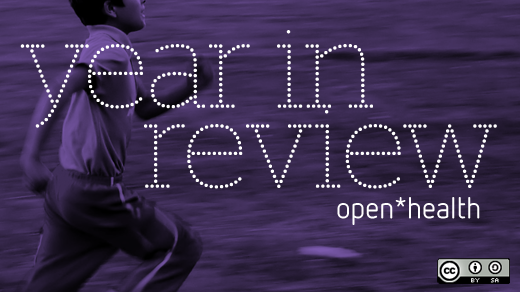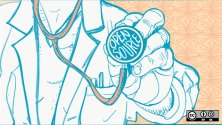It's really no wonder open source solutions and strategies have been more slowly adopted in healthcare than other industries—the nature of caring for people's health, especially on a large scale, requires that the processes surrounding it and the industry supporting it be structured in such a way that it's able to withstand the tests, trials, and treatments that demand consistancy and accuracy.
But what they haven't been is slower to adapt. Once in place, open source technologies in healthcare have spurred innovation that had been at a standstill, in areas like funding and research. The great thing about open source is that anyone with a great idea can help out; the barrier for entrance has been lowered. In healthcare especially, the key is that people are coming to trust that this doesn't mean quality and safety are lowered as well.
Quite the opposite is true. Initiatives like MedStartr and DocGraph are the result of hard work, long hours, and new ideas from experienced people in the industry who are passionate about better care and options for those that need help now.
2. BioCurious? The DIY garage biology movement
3. Join the M revolution—M and R programming languages
4. Join the M revolution—Get your tools
5. Big data, algorithms, and Moneyball medicine—Part I
6. Big data in healthcare: Transparency is transformative
7. Birth control: An open design concept
8. Kickstarter doesn't do healthcare, MedStartr seizes opportunity
9. Open source electronic health records for all—at OSCON 2012






4 Comments